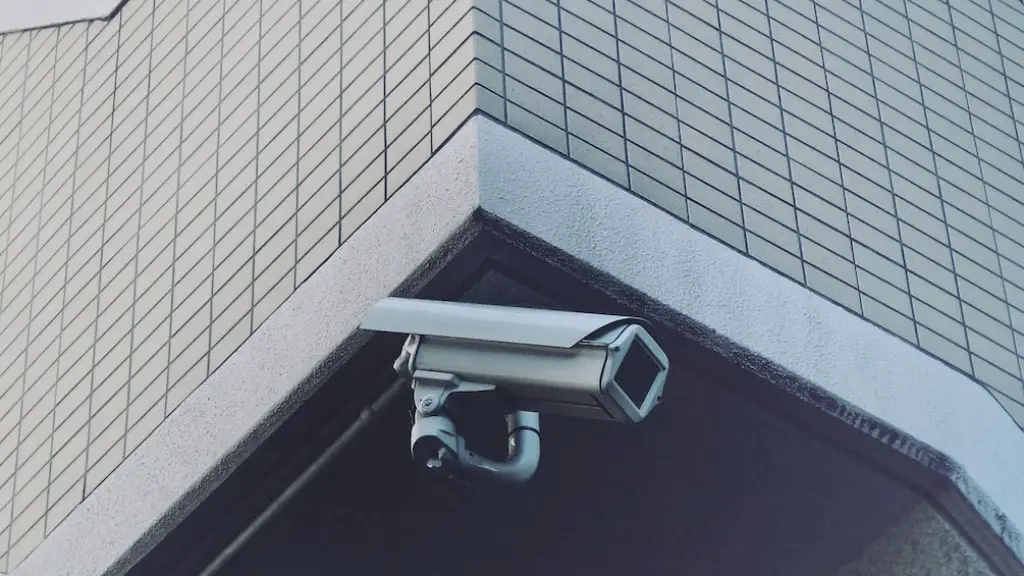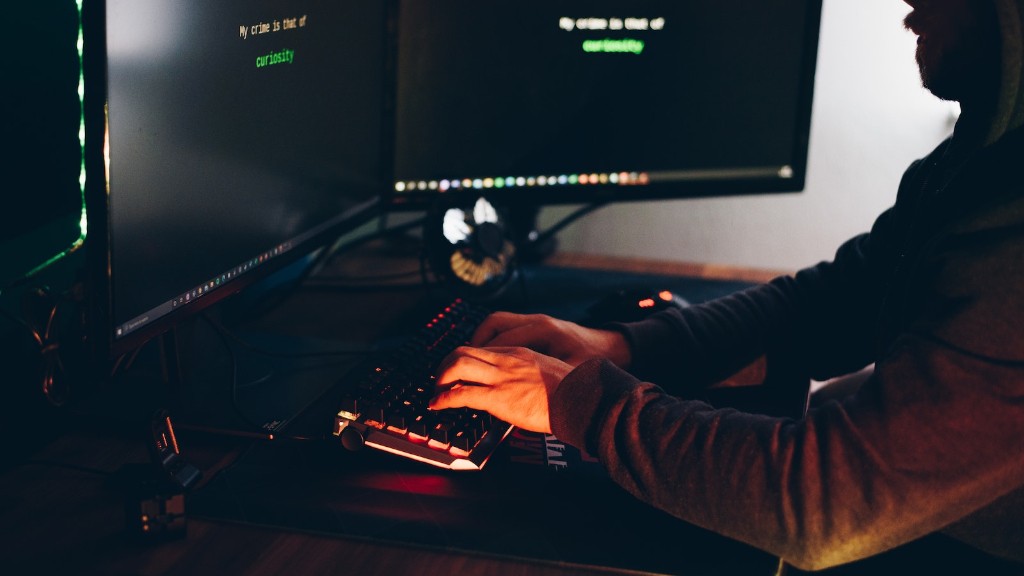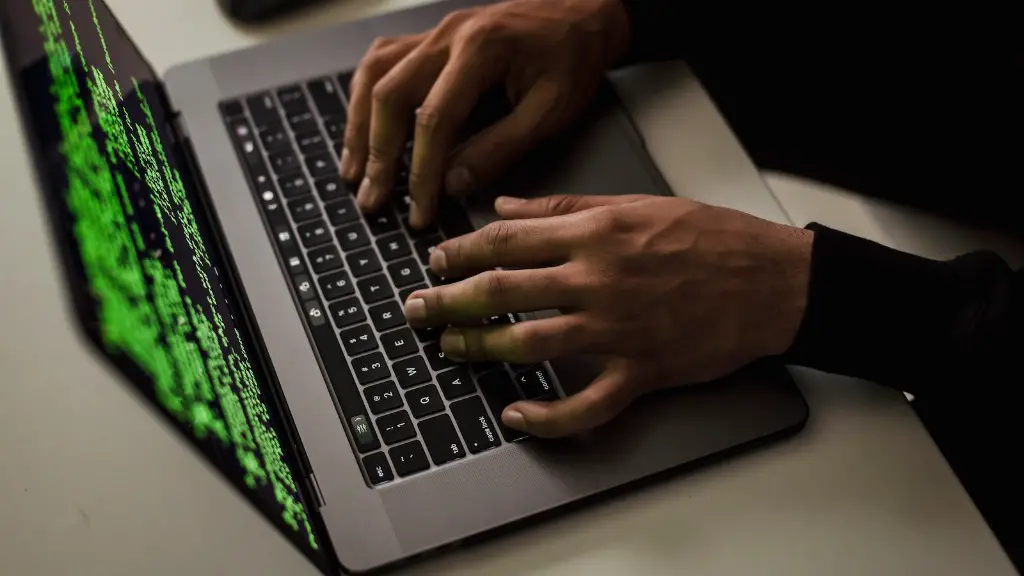Introduction
The Central Intelligence Agency, better known by its initials as the CIA, is one of the most powerful and important intelligence services in the world. It is the main foreign intelligence service of the United States and Member of the Intelligence Community (IC). The agency is responsible for providing vital national security information to the President, Congress and other national security organizations. The CIA stands for Central Intelligence Agency, and it is the federal agency responsible for collecting and gathering foreign intelligence, analyzing intelligence data, and providing foreign counterintelligence services. In addition to these activities, the CIA is also responsible for providing advice and support to other government branches and more specifically, to the Executive Branch. It is also involved in some of the most sensitive issues relating to the security of the United States.
History
The CIA was formed in 1947 with the passing of the National Security Act. At the time, the CIA was tasked with the responsibility of collecting, analyzing and disseminating information regarding foreign nations, secret organizations and events. In addition to these duties, the agency was also authorized to coordinate activities of all of the U.S intelligence in order to protect the country from internal and external threats. Over the years, the CIA has grown significantly and its present-day duties and responsibilities are far reaching. It is tasked with performing a variety of intelligence functions, in all corners of the globe including gathering, processing and disseminating information of a political, scientific, military and economic nature.
Projects
The CIA has had a hand in some of the most important and influential projects in American history, including the invention of the U-2 spy plane. The U-2 spy plane was used by the agency during the Cold War to monitor and spy on the activities of the Soviet Union, China, and other potential adversaries of the United States. Additionally, the CIA has also been involved in overseas espionage operations and the interception of telecommunications, in which the agency has access to both foreign and domestic phone calls and emails. Other CIA operations include paramilitary operations and the collection of foreign SIGINT, or signals intelligence.
Culture
The CIA’s culture is unique, and can only be described as one of secrecy and patriotism. The agency is typically known for its “espionage cloak and dagger” modus operandi and its members have a strong sense of patriotism and of duty. The CIA is a professional organization and its members are expected to adhere to the highest standards of professional conduct. This is often reflected in the agency’s dress code and its strict security protocols. Additionally, the CIA offers its members excellent career prospects and generous salaries. Its members also have access to advanced training courses, including the language courses and security protocols that are offered by the agency.
Controversy
The CIA is no stranger to controversy and the agency is often accused of violating the laws of the United States and foreign governments. It is also accused of straying from its original mission of gathering and analyzing intelligence, and of infiltrating foreign countries without the consent of their governments. Additionally, the agency has been accused of arming and training foreign armies, as well as funding foreign terrorist groups and of engaging in torture. The CIA has been known to engage in some particularly controversial activities and often receives criticism for its no-holds-barred approach to conducting national security operations.
Accountability
The CIA is often criticized for its lack of accountability, and is sometimes accused of operating with impunity in the face of the law. The agency is not obligated to answer to any other agency or government branch, and it is authorized to operate without the oversight of the Department of Defense or other branch of government. This lack of accountability has resulted in the agency being accused of human rights violations and of operating with unmitigated authority without any accountability. Additionally, the agency has been accused of engaging in activities that are inconsistent with its mission and mandate, as well as activities that are not in keeping with the principles of international law.
Global Influence
The CIA is one of the most powerful intelligence organizations in the world, and its influence extends far beyond the United States. The agency is constantly monitoring and gathering information on a global scale and its intelligence activities have a profound impact on the international political landscape. In addition to its intelligence gathering activities, the CIA is also involved in providing advice and support to foreign governments and organizations. This involvement often comes in the form of political and economic support, as well as strategic advice on military matters. The influence of the CIA is palpable and extends to all corners of the globe.
Analysis
The CIA has been on the forefront of the fight against terrorism, and its presence and involvement in international affairs has grown significantly since the events of 9/11. The agency is one of the most important and influential organizations in the world and its activities and operations are of utmost importance to the security of the United States. The agency is tasked with performing a variety of functions and although some of its activities may be controversial, it is nonetheless essential in protecting the United States and its citizens from threats both foreign and domestic.
Structure and Funding
The CIA is an independent organization, although it is ultimately accountable to the President and the Director of National Intelligence. The agency is primarily funded through Congress and it has an annual budget that is subject to appropriation by Congress. The CIA is located in Langley, Virginia, and it is organized into various directorates and offices, each of which is responsible for conducting different activities. The main directorates are responsible for collecting, analyzing and disseminating intelligence, planning, managing and executing clandestine operations, and providing logistics and support to other government agencies.
The Intelligence Community
The CIA is part of the larger U.S. intelligence community, which includes the National Security Agency, the Defense Intelligence Agency, the National Geospatial-Intelligence Agency and other agencies. The intelligence community is tasked with providing intelligence to the President, Congress and other departments of the government. This includes providing information on foreign threats, developing plans to counter foreign threats, and providing analysis and guidance on domestic threats as well. The intelligence community is also responsible for providing assessments of the situation in foreign countries and playing a key role in the formulation of foreign policy.
Oversight Mechanisms
In order to ensure that the CIA is held accountable, the agency operates with various levels of oversight and review. Congress, for example, has a variety of powers to oversee the activities and operations of the agency. Other oversight mechanisms include a system of internal checks and balances, and the authorization of the President to review the agency’s activities. Additionally, the CIA is subject to judicial review, which is often used to ensure that the agency is acting within the limits of the law.
Public Perception
The CIA has become a controversial agency in recent years, and its presence and activities are often the source of public criticism and debate. There are critics who contend that the agency’s activities often violate the privacy of American citizens and go beyond its mandate. Other critics claim that the CIA is attempting to transform itself into a political machine and is no longer acting in the best interests of the country. This criticism is often raised due to the fact that the CIA is not subject to the same standards of oversight and scrutiny as other government agencies.
Concerns About Abuse of Power
The CIA has also been the source of concern for many individuals due to its tendency to conduct operations in secret. Critics are often concerned that the agency may be abusing its power and engaging in activities that are outside of its mandate and in violation of the law. Additionally, the agency has been accused of running illegal operations and of providing support to terrorist organizations. The lack of transparency and accountability with regards to the agency’s operations further fuels these concerns. As such, it is important that the agency be more transparent and accountable with regards to its operations and activities.



